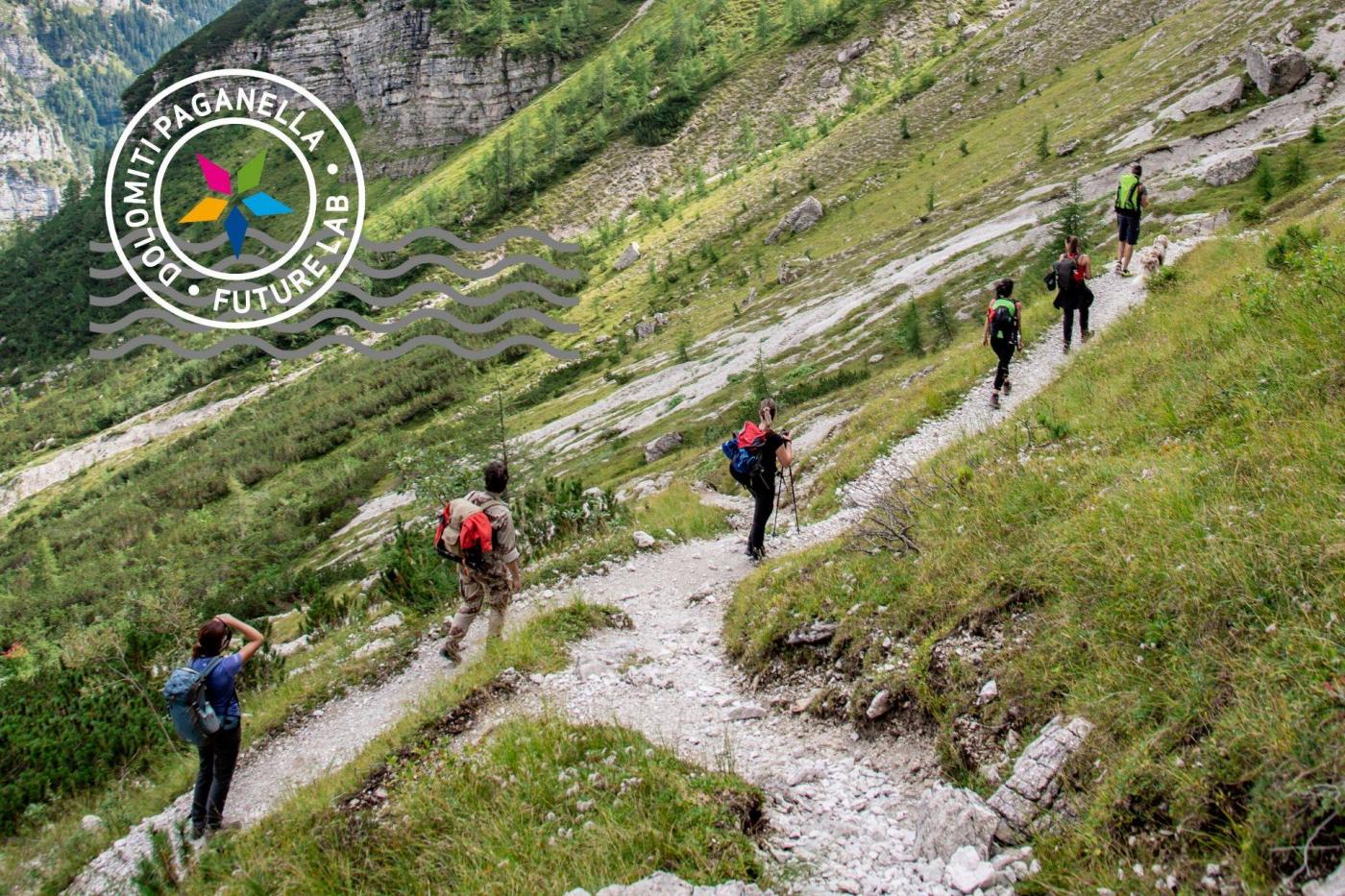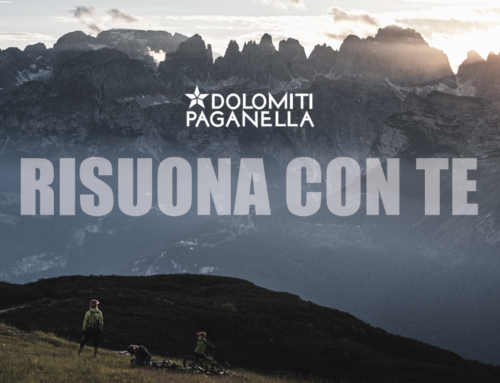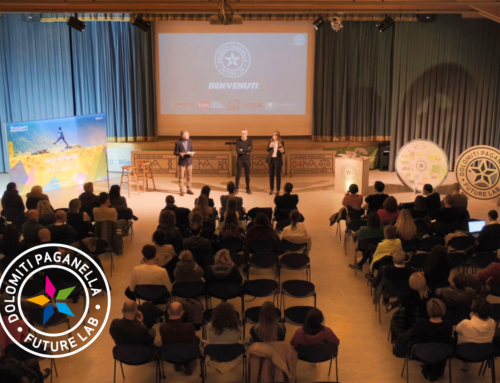The success of a tourist industry does not depend only on updating environmental and technological factors, as we have already seen in previous articles, but also consists in the ability to adapt to changes in the behaviour and consumption of visitors.
The awareness of individuals about their role in society has certainly increased compared to past decades, making people keen to participate in, rather than just experience, their holidays. As those who work in the sector know well, the advent of Internet has on one hand transformed the way that bookings and reviews are conducted. The tourists themselves become the creators of news through the narration of their experiences online, creating a digital word of mouth. On the other hand Internet has enabled access to ever more information, including the financial value of a given service compared to its actual price and in relation to other offers (Buhalis 2000).
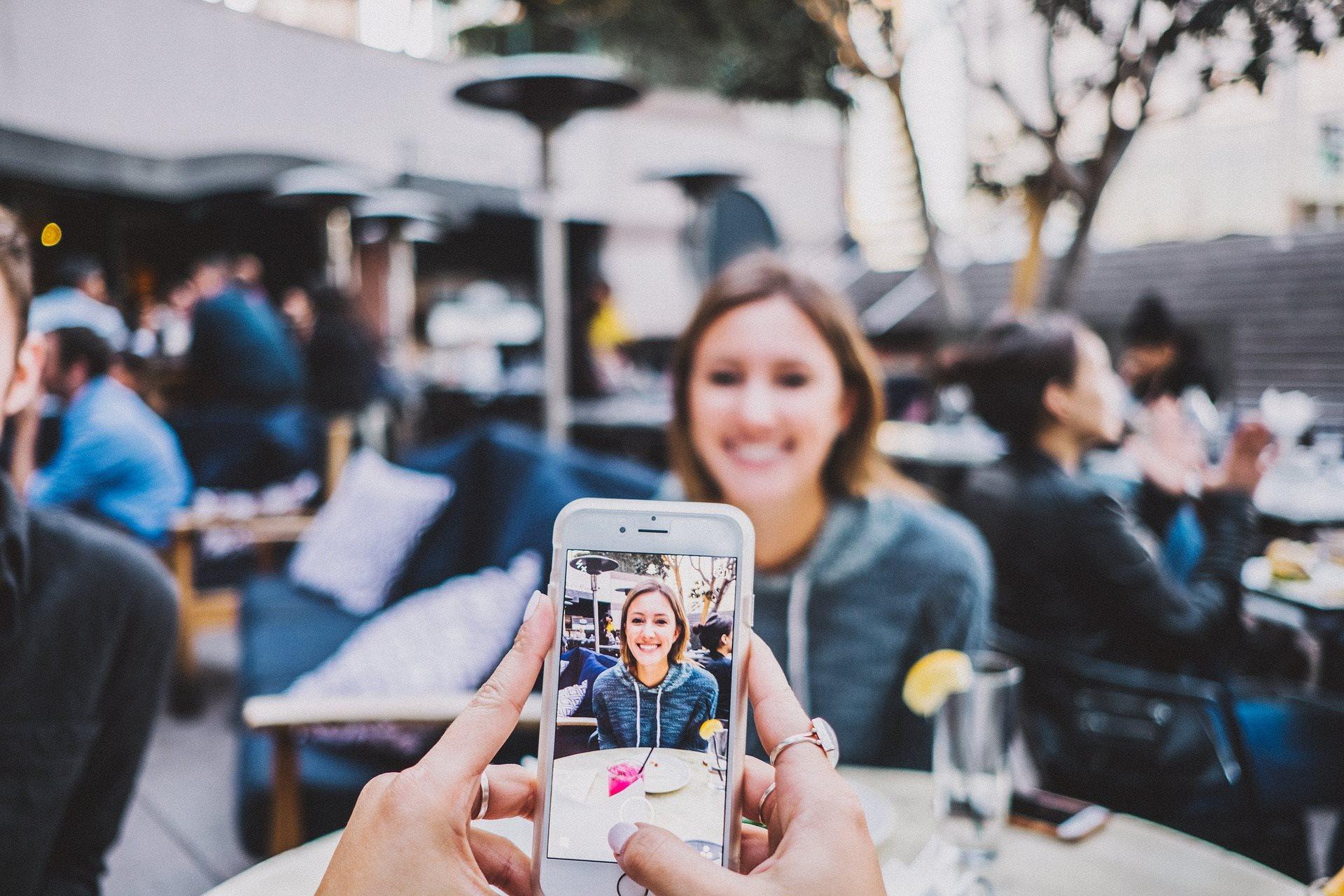
MONEY RICH / TIME POOR
Various studies have highlighted that a growing portion of the population find themselves with high spending power but limited available time, which means that when choosing a holiday tourists assign more value to the time spent on holiday, and they prefer not to waste it in unwanted activities.
AN ERA OF MARKED INDIVIDUALISM
For the same reasons outlined above, today consumers increasingly request the option of customizing products and services, seeking out experiences that satisfy their own specific personal needs. As a result, from a service economy we have shifted to an experience economy that does not offer the same, generalized, replicable experiences, but instead unique, ad hoc creations to entertain specific clients. As indicated in an analysis by The Harris Poll, 78% of millennials prefer spending their money on experiences and learning the cultural background of what they eat and drink in each meal.
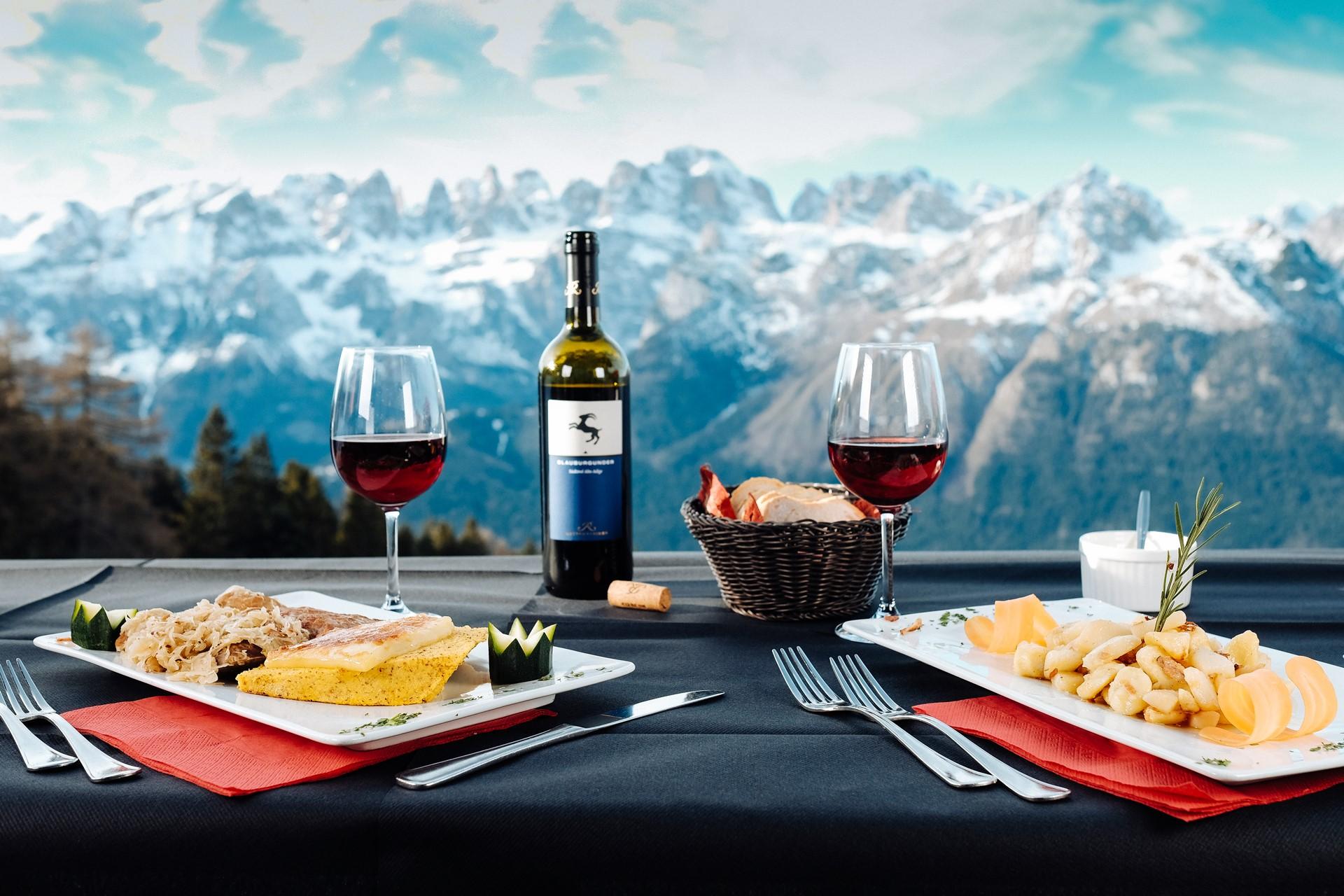
When considering predefined holiday packages, these new tourists, referred to as “experimental” travellers (Cohen, 2010) seek authentic experiences as the real kernel of their holidays, wanting to participate as actors rather than spectators.
The result is the presence of increasingly critical and less habitual guests who endow their holidays with a higher personal value, abandoning the constant search for low cost.
Activities for discovery, study, or introducing the more personal aspects of a destination thus become essential to help get into contact with the everyday life of the place visited. Bearing in mind that it is often difficult to offer 100% customized experiences (especially when based on the same resources), an alternative is to exploit the possibility of adding flexible optional services that best match the needs of individual guests.
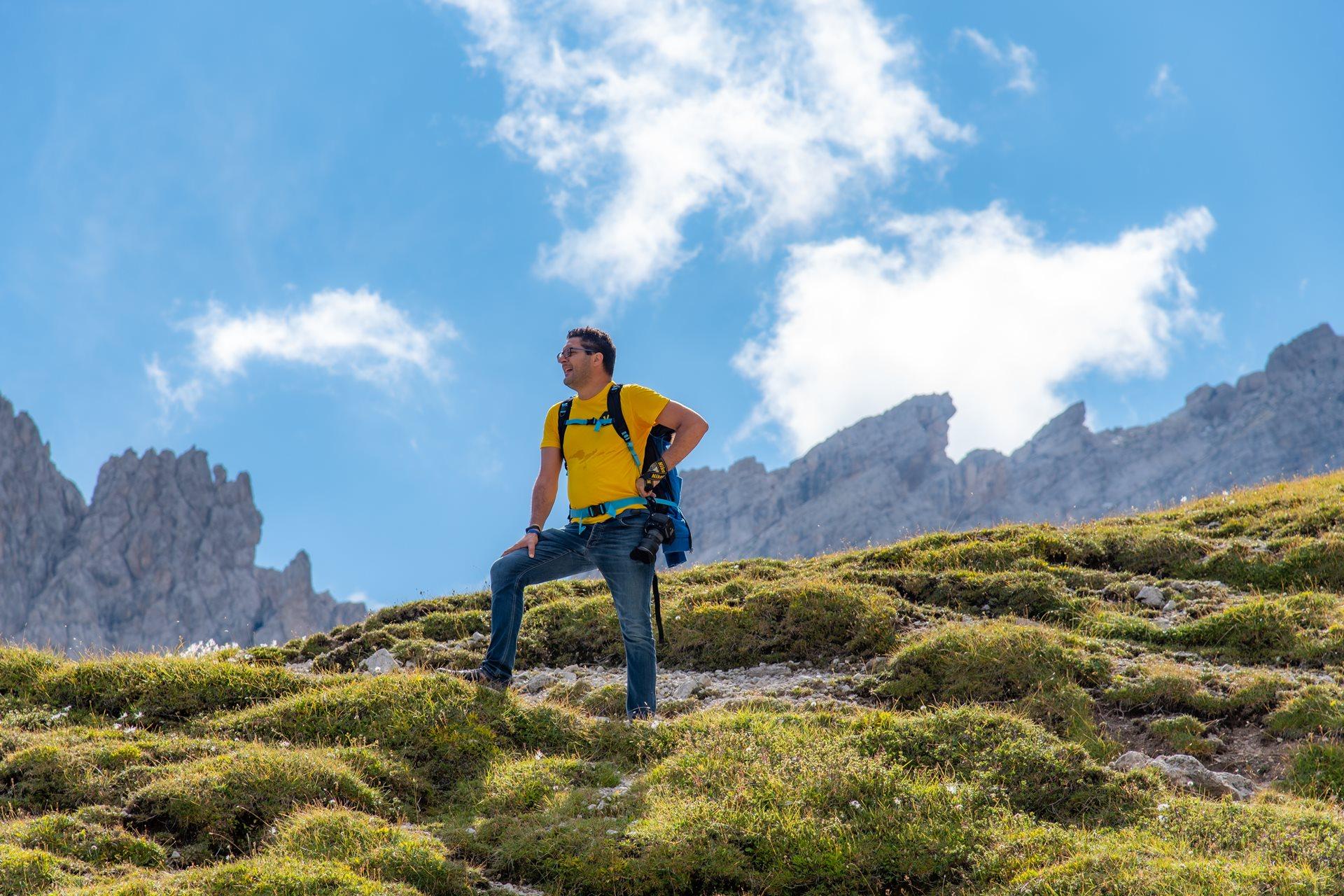
Also as we already explained in a workshop dedicated to those who offer “Top Experiences” in our local area, there are also guidelines to follow to make an experience unique. Among these, the skill of the host is fundamental to ensure privileged access to certain locations, both visually and culturally. The offer must be engaging while always remaining personal and with care for every detail.
If these activities also manage to increase distance from electronic devices, helping curb media addictions, we have an effect referred to today as Digital Detox. Growing pressure on time and ever increasing average levels of stress over entire populations are leading to the perception of holidays as refuge, an escape from everyday life.
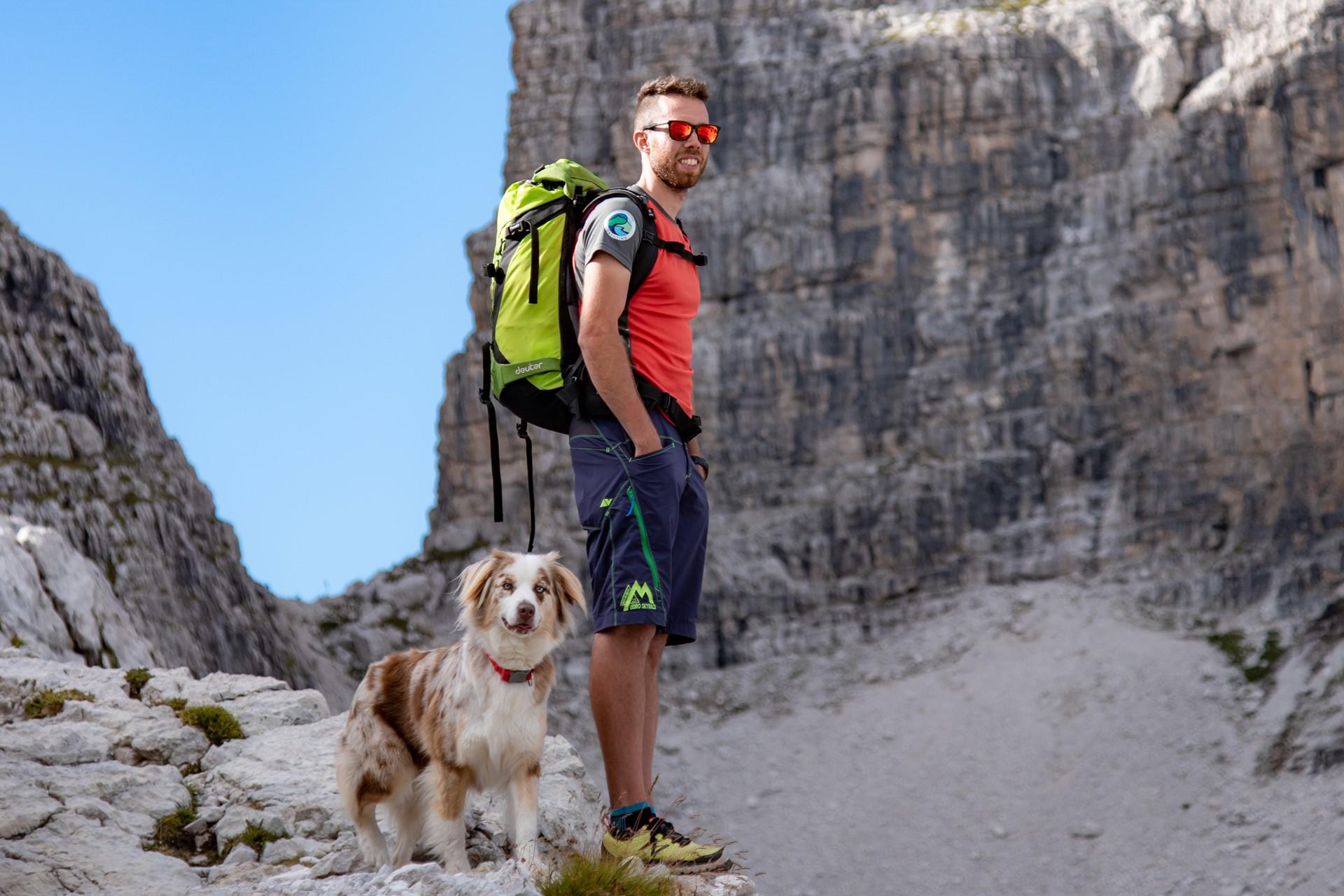
THE NEW TYPICAL TOURISTS: THE CASE OF NEW ZEALAND
Within a detailed analysis of this new tourism, New Zealand tried to identify certain specific visitor profiles. Processing generic data and some statistics produced an interpretation for a complete overview of the 6 main markets in New Zealand tourism.
This gives us Melissa from the USA, and Lauren from Australia, both 37 years old. The former is married with a child, an executive director who chooses to pass 12 days in New Zealand. She loves walking and prefers individual activities rather than groups. Her love of nature led her to choose New Zealand as a holiday destination and she wants to visit it in a way that brings her as close as possible to how the locals experience it. The latter is married and chooses a shorter holiday of 9 days with her partner in search of adventure and adrenalin through direct experiences, which are essential for the holidays of today’s new tourists.
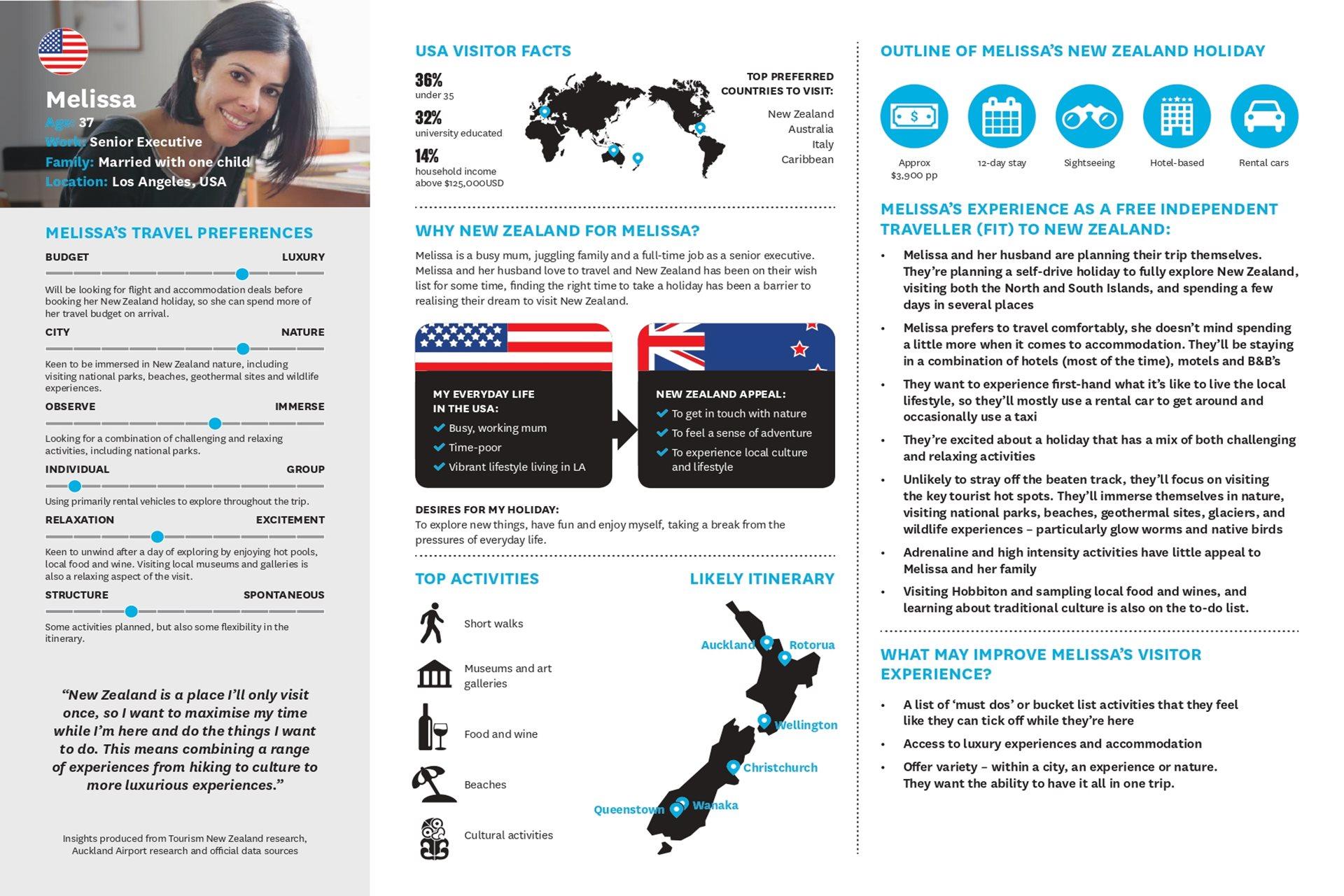
Following the same philosophy as New Zealand, Pinterest, a social network created for visual inspiration through content of various types (crafts, recipes, handiwork, travel), identified 5 types of tourist grouped into categories. These range through group holiday makers, to adventure enthusiasts, to dedicated gourmets. The importance of categorizing our own guests will help to understand and best satisfy their needs, making their holidays unforgettable.
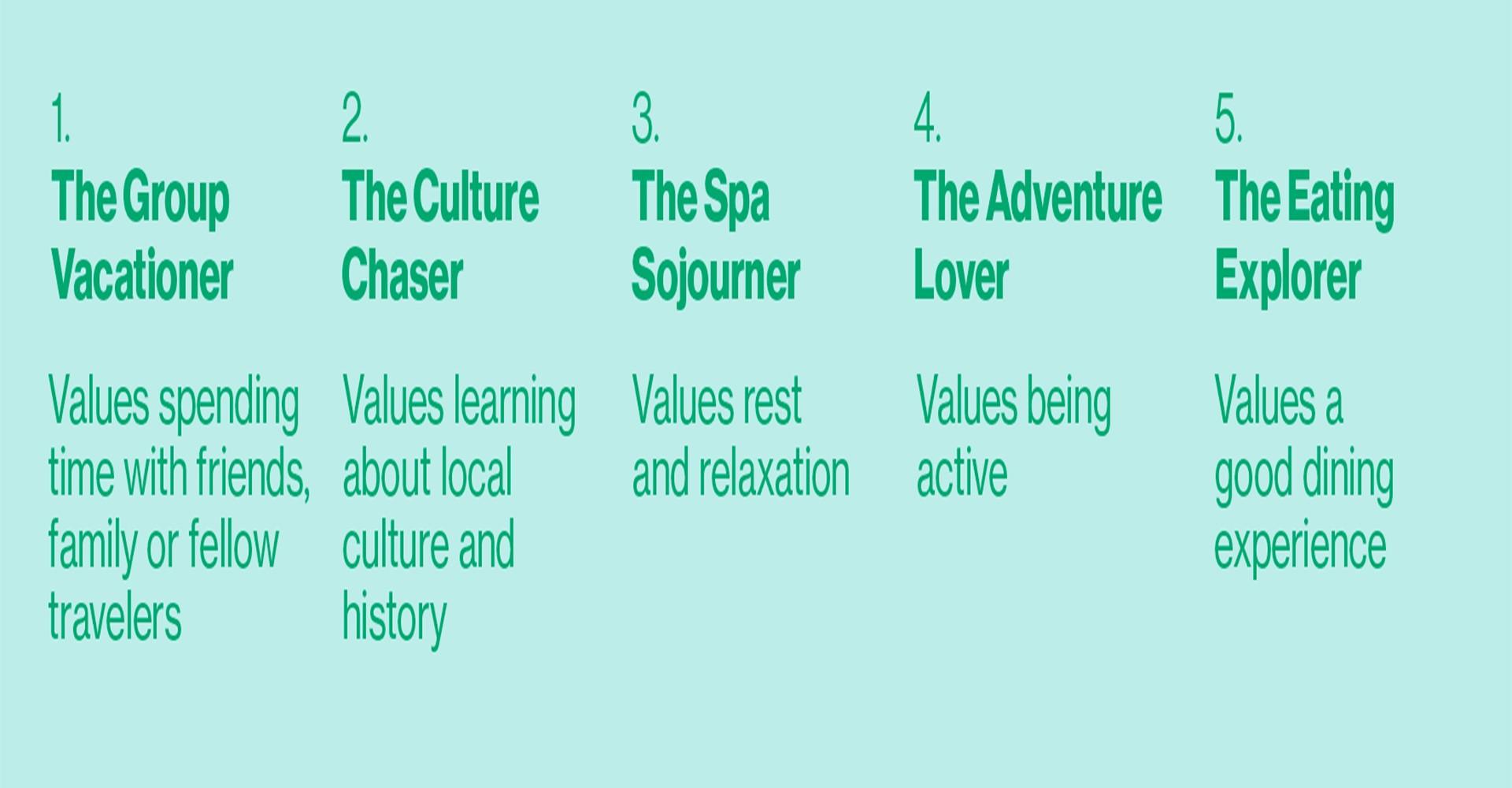
BIBLIOGRAPHY
Buhalis, D., (2000) Marketing the competitive destination of the future. Tourism Management, Vol.21(1), pp.97-116
Cohen, S. (2010) Re-conceptualising lifestyle travellers: contemporary ‘drifters’. In K. Hannam & A. Diekmann (eds.), Beyond Backpacker Tourism: Mobilities and Experiences (pp. 64-84)
Yeoman I., Durie A., McMahon-Beattie U. & Palmer, A (2005) Capturing the essence of a brand from its history: The case of Scottish tourism marketing
